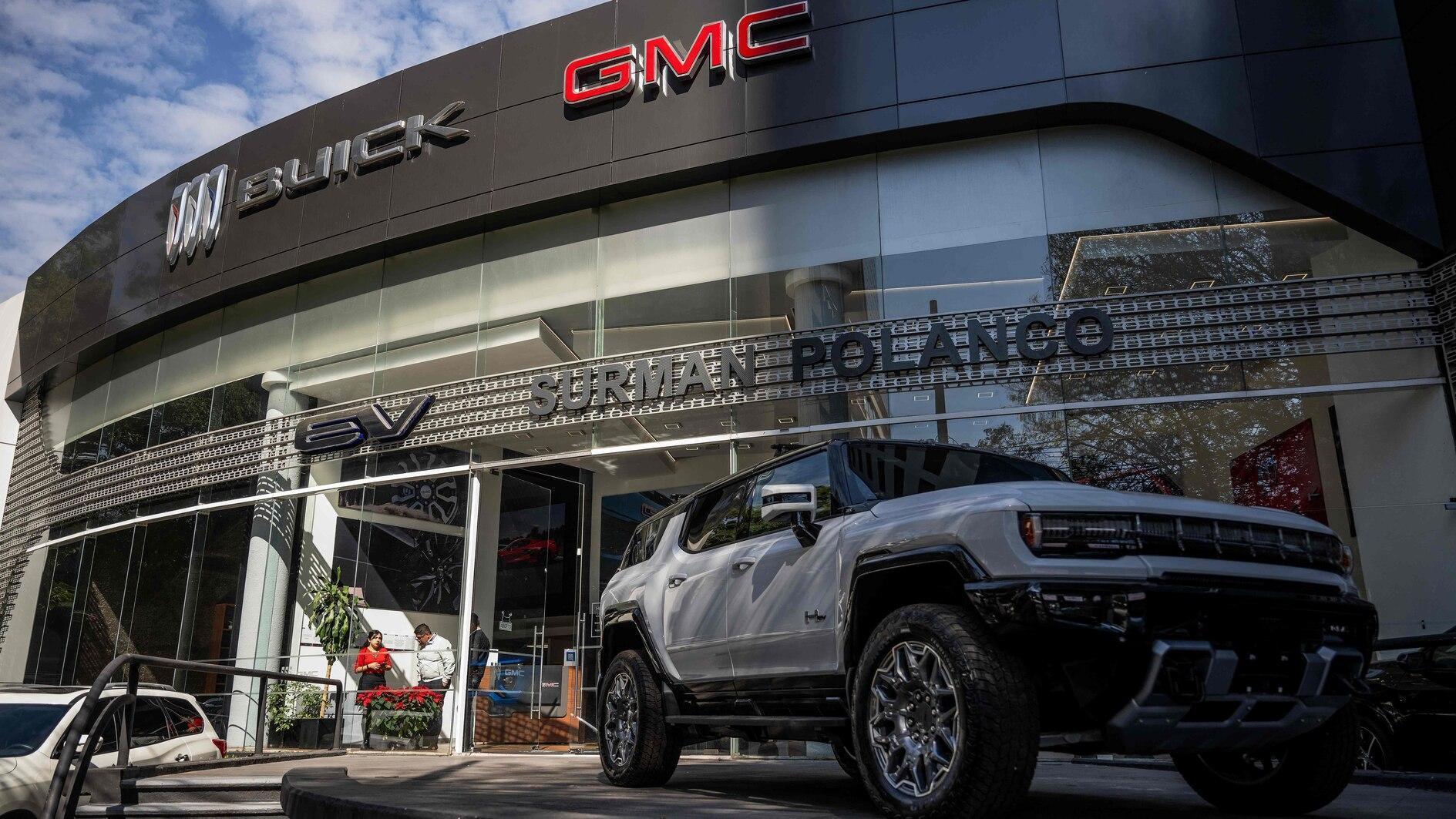mexico city

Cars remain on display at the Buick and GMC car showroom in Mexico City on December 5, 2024.
The growing popularity of Chinese sport utility vehicles and pickup trucks has shaken up Mexico’s luxury car market, hurting sales of traditionally dominant brands such as Mercedes-Benz and BMW.
Industry experts say Mexicans are increasingly switching from traditionally mainstream sedans to Chinese cars because of their combination of comfort, technology and price.
This is no small feat in a country that is home to factories for foreign brands such as Audi and BMW, and where, just a few years ago, Chinese car imports were frowned upon, as they were in other parts of the world.
According to the Mexican Automobile Dealers Association (AMDA), the luxury segment of the market recorded an 8.1% sales decline from January to November.
Audi’s sales fell 21.9% and BMW, which includes the Mini brand, did not see growth in Latin America’s second-largest economy, home to 129 million people.
According to state-run statistics agency INEGI, Mercedes-Benz sales fell by 9.8%.
By contrast, Motornation, which sells the BAIC Motor, JMC and Changan brands in Mexico, saw sales increase 8.8% in the first 11 months of this year, while Jet Tours’ sales rose 131%.
According to AMDA, Chinese companies currently control 9.3% of the Mexican market.
The association’s president, Guillermo Rosales, told AFP that the vehicles offer many of the features of high-end models offered by luxury brands, creating stiff competition in the pickup truck sector.
Traditionally, the premium segment has included sedan-type vehicles with premium engines and top-of-the-line features.
However, over the past decade, consumer preferences have shifted toward utility vehicles such as pickup trucks, minivans, and SUVs.
Like other Latin American countries, Mexicans have become accustomed to seeing Chinese brands on the streets that were unknown to them just five years ago.
Miguel Reyes, a 71-year-old retiree, said choosing a Chinese car over another was “simple arithmetic.”
“We needed a car with the necessary technology, such as steering assist, to make driving safer,” Reyes said.
As well as design and comfort, “competitive” price was also a factor, said Reyes, who paid about 550,000 pesos (about $27,000) for it.
A similar model from a traditional brand would cost $40,000 to $50,000, he said.
There are about 30 Chinese brands in Mexico, with cars ranging from small cars to luxury cars, said Gerardo Gomez, an expert at data analysis firm JD Power.
“They can offer anything at any point in their range.”
BYD sells electric pickup trucks for more than 1 million pesos ($50,000), but it also sells compact cars for $17,000.
Luxury electronics brand Zeekr sells high-end models for around $40,000.



